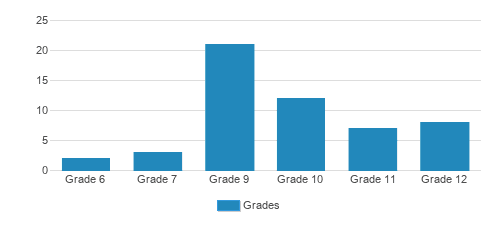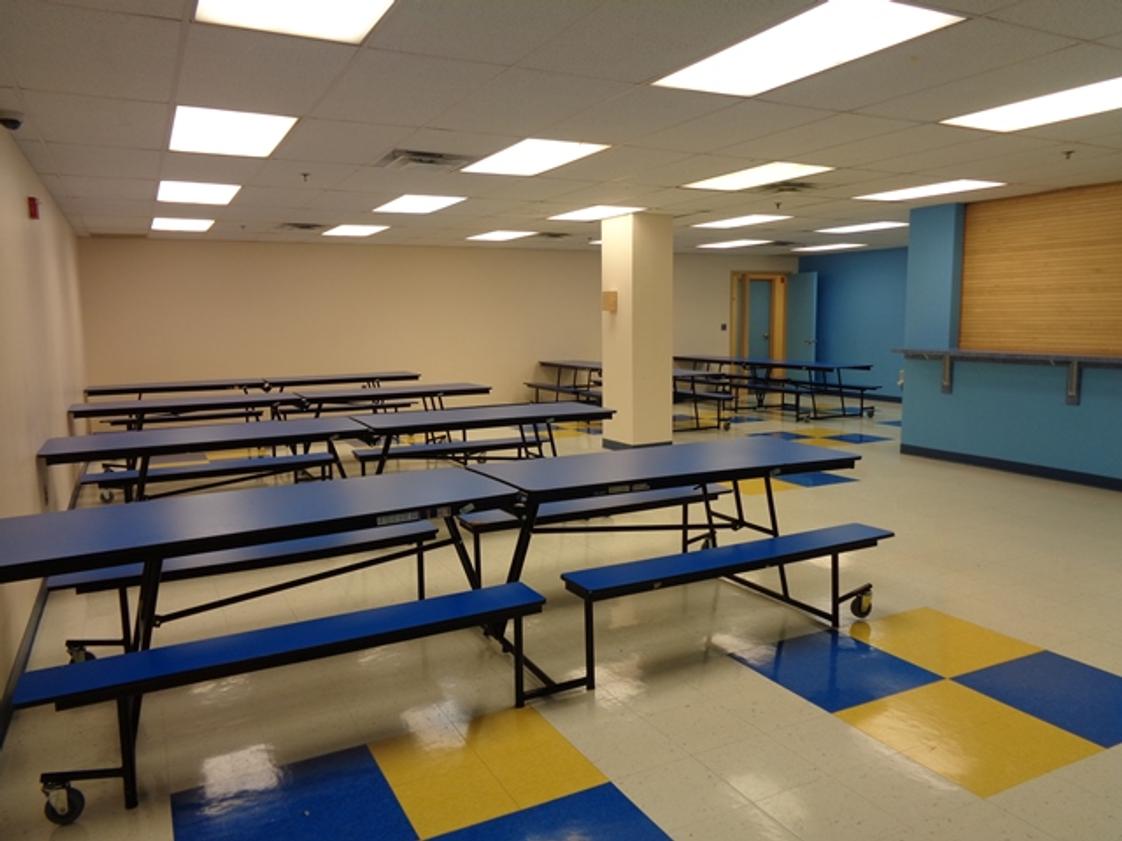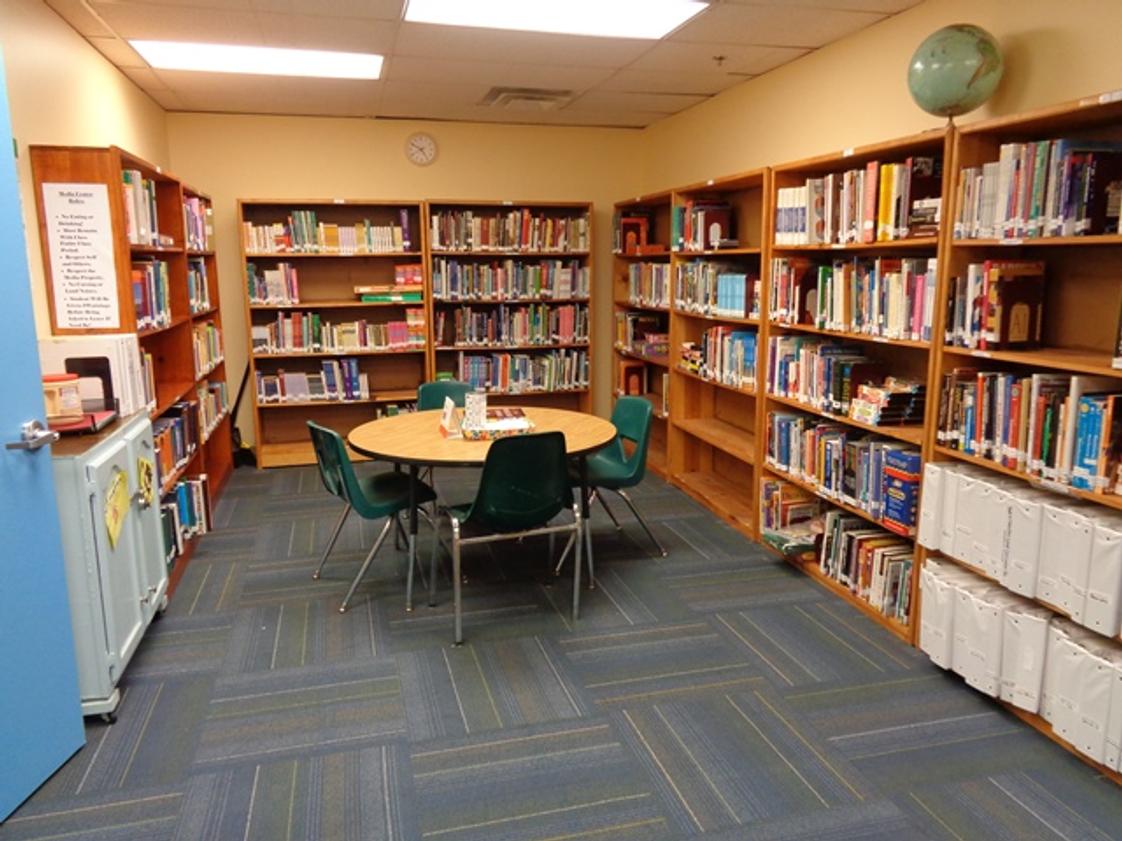The mission of the NCIA Youth in Transition School is to provide a structured learning environment that will support the maximum development of each student.
Quick Stats (2025)
- School Type: Special Education School
- Grades: 6-12
- Enrollment: 68 students
- Application Deadline: None / Rolling
- Source: Verified school update
School Overview
Student Body
Total Students
68 students
Student Body Type
Co-ed
% Students of Color
78%
State avg.: 37%
Students by Grade

Academics and Faculty
Total Classroom Teachers
14 teachers
Student : Teacher Ratio
5:1
National avg.: 13:1
Tuition and Acceptance Rate
Admission Deadline
None / Rolling
Admissions Director
Ms. Wanda Young
School Notes
The NCIA Youth In Transition School opened in 1994 to serve the
educational needs of children who are unable to participate in
traditional school programs.The mission of the NCIA Youth in
Transition School is to provide a structured learning environment
that will support the maximum development of each student. The
school addresses the students’ physical, psychological,
intellectual, and social needs.We have Vocational Programs,
and Certificate Track students. Our school is equipped with a video
security monitoring system and operates as a nonpublic special
educational program:The school is a Type I full day special
education and related services program for students with autism,
emotional disabilities and/or intellectual disabilities in a middle
school (grades 6-8); a secondary school (grades 9-12); and in a
non-graded (ages 14-21) educational program. The school has the
capacity to serve 140 male and female students between the ages of
11 and 21.
SCHOOL GOALS
The NCIA Youth in Transition School believes that the responsibility of education is to provide all students with the basic skills needed for a useful and fulfilling life. This can only be accomplished by developing the fullest potential of each student. We recognize the individuality of each child and that each student can make a unique contribution to society. The educational needs of each individual vary and we strive to deliver exceptional services to every student.Simply stated, our goals are to:
SCHOOL GOALS
The NCIA Youth in Transition School believes that the responsibility of education is to provide all students with the basic skills needed for a useful and fulfilling life. This can only be accomplished by developing the fullest potential of each student. We recognize the individuality of each child and that each student can make a unique contribution to society. The educational needs of each individual vary and we strive to deliver exceptional services to every student.Simply stated, our goals are to:
- Provide a safe environment for students to achieve success in school and in the community
- Provide special education classroom instruction and related services
- Work with students, their families, and local educational agencies toward moving students to their least restrictive environment
Source: Verified school update
Frequently Asked Questions
What schools are Youth In Transition School often compared to?
Youth In Transition School is often viewed alongside schools like The Baltimore Academy by visitors of our site.
When is the application deadline for Youth In Transition School?
The application deadline for Youth In Transition School is rolling (applications are reviewed as they are received year-round).
School Reviews
Endorse Youth In Transition School. Endorsements should be a few sentences in length. Please include any comments on:
- Quality of academic programs, teachers, and facilities
- Availability of music, art, sports and other extracurricular activities
- Academic or athletic awards
Recent Articles

A Parent's Guide To Understanding High School Teaching Methods
This comprehensive guide helps parents navigate the various teaching methods used in today's high school classrooms. By understanding these approaches, you'll be better equipped to support your teen's learning journey, communicate effectively with teachers, and create a complementary learning environment at home.

February 08, 2025
Social Emotional Learning: Education's Hidden SymphonyA musician's perspective on Social Emotional Learning reveals how this educational framework orchestrates success through five essential emotional competencies.

January 24, 2025
A Roadmap For Starting A Private SchoolUse this roadmap as a set of talking points with your trusted mentors and professionals to start the private school of your dreams. You're not alone. Over the years, hundreds of folks like you have had the same dream. From Quintilian to Maria Montessori to Lucy Madeira Wing, visionary educators have established schools to teach according to their beliefs and methodologies.































